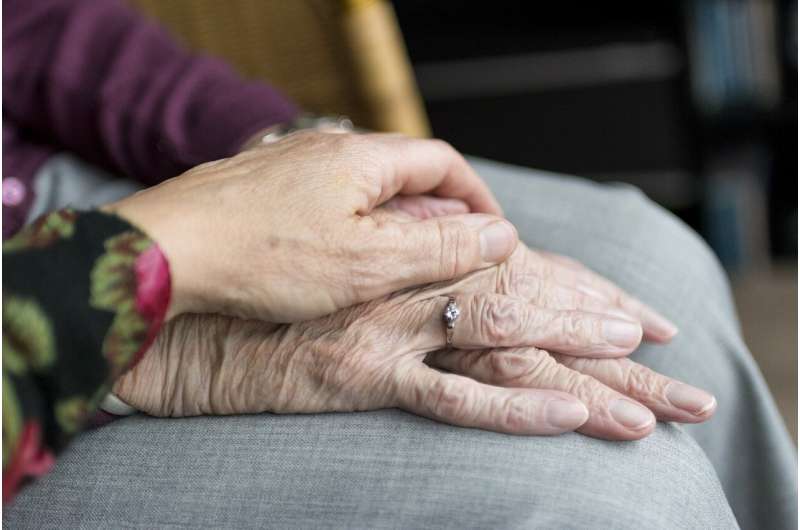Impact of Caregiving on Older Adults: Challenges and Support Needs

As the global population ages, more attention is being directed toward understanding the effects of caregiving on older adults. Recent research from the Aging Research Center (ARC) at Karolinska Institutet, in collaboration with the National Family Care Competence Center (Nka), has shed light on how caring for loved ones impacts seniors' health and well-being.
A comprehensive survey involving 31,000 older adults was conducted, revealing that 2,157 individuals over the age of 65 provide regular care for family members or others. This caregiving can range from low-intensity tasks, such as assisting with daily activities, to high-intensity responsibilities that involve over 30 hours of care per week, including help with bathing, eating, managing finances, shopping, and providing companionship.
The study, published in the Scandinavian Journal of Public Health, highlights that higher caregiving intensity correlates with negative health outcomes and unmet support needs among caregivers. Particularly, women, spouses, and those over 75 years old are more likely to be engaged in high-intensity caregiving roles. These caregivers often report experiencing sleep disturbances, mental stress, social isolation, and declining health, along with lower satisfaction levels compared to those providing less intensive care.
"Our findings demonstrate that high-level caregiving can be extremely demanding and detrimental to caregivers' quality of life," explains Mariam Kirvalidze, the study's lead author.
The research emphasizes the urgent need for targeted interventions to support older caregivers. Essential support services include respite care, personalized counseling, and financial aid, tailored to meet the specific needs of vulnerable and high-intensity caregivers. Developing flexible, community-based solutions is crucial to ensure these caregivers can continue their vital roles without compromising their health.
Amaia Calderón-Larrañaga, ARC senior investigator, stresses that understanding the unique needs of older caregivers through detailed, localized surveys can facilitate better support systems. Only through such tailored approaches can the well-being of caregivers and the quality of care recipients be maintained, enabling many seniors to stay in their homes longer and healthier.
Source: medicalxpress.com
Stay Updated with Mia's Feed
Get the latest health & wellness insights delivered straight to your inbox.
Related Articles
Link Between Parental Diabetes and Risk of Type 1 Diabetes in Children
New research reveals that children of parents with gestational or type 2 diabetes are at higher risk of developing type 1 diabetes. Early identification of these risk factors can improve monitoring and prevention strategies.
GLP-1 Medications Show Promise in Managing Severe Obesity in Children
New research suggests that GLP-1 receptor agonist drugs can be an effective addition to treatment plans for children with severe obesity, leading to significant health improvements and appetite control.
Semaglutide Offers Early Cardiovascular Protection for High-Risk Patients
Semaglutide may provide rapid early protection against heart disease in high-risk patients, showing benefits within the first few months of treatment as revealed by recent clinical analysis. Learn more about its potential for cardiovascular risk reduction.



